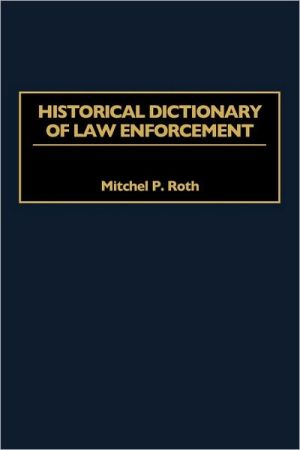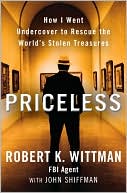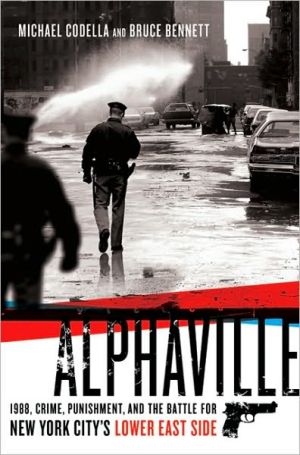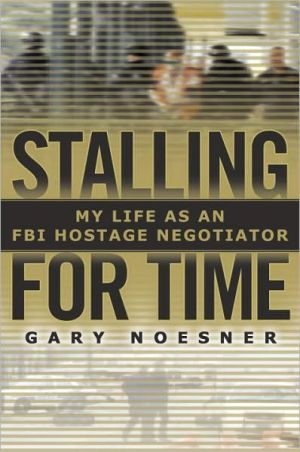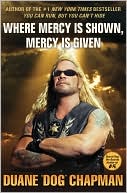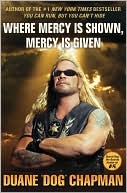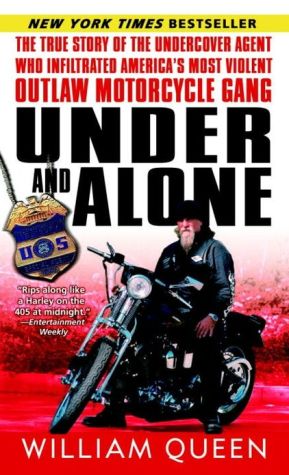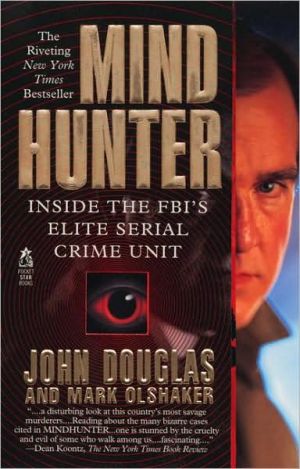Historical Dictionary Of Law Enforcement
Viewing policing from an international perspective, this volume covers the history of law enforcement from early accounts of policing under Caesar Augustus to such present-day events as Rodney King and the LAPD. American policing dominates the book, but it also covers such items as the 1829 London Metropolitan police model and Continental innovations stemming from Napoleonic France. While including such well-known Americans as Police Commissioner Theodore Roosevelt, the book also covers...
Search in google:
Covers the history of law enforcement from policing under Caesar Augustus to such present-day events as Rodney King and the LAPD. Booknews Recognizing the conventional beginning of modern policing in London in 1829, Roth (history and criminal justice, Sam Houston State U.) also considers organized policing as far back as classical antiquity and innovations on the continent stemming from Napoleonic France. Many other references combine cops and robbers, but he focuses on the discipline of policing. The more than 900 entries include people involved in administration as well as field work and even the odd laboratory researcher; they also include nontraditional examples, such as little-known Western lawmen, detective organizations, and the Texas Rangers and their derivatives. Events and slang are also cited. Though he attempts an international perspective, most of the material is about the US, he says, largely because the decentralized law enforcement has created over 20,000 police forces. Annotation c. Book News, Inc., Portland, OR (booknews.com)
PrefaceThe DictionaryAppendicesSelected BibliographyIndex
\ BooknewsRecognizing the conventional beginning of modern policing in London in 1829, Roth (history and criminal justice, Sam Houston State U.) also considers organized policing as far back as classical antiquity and innovations on the continent stemming from Napoleonic France. Many other references combine cops and robbers, but he focuses on the discipline of policing. The more than 900 entries include people involved in administration as well as field work and even the odd laboratory researcher; they also include nontraditional examples, such as little-known Western lawmen, detective organizations, and the Texas Rangers and their derivatives. Events and slang are also cited. Though he attempts an international perspective, most of the material is about the US, he says, largely because the decentralized law enforcement has created over 20,000 police forces. Annotation c. Book News, Inc., Portland, OR (booknews.com)\ \
